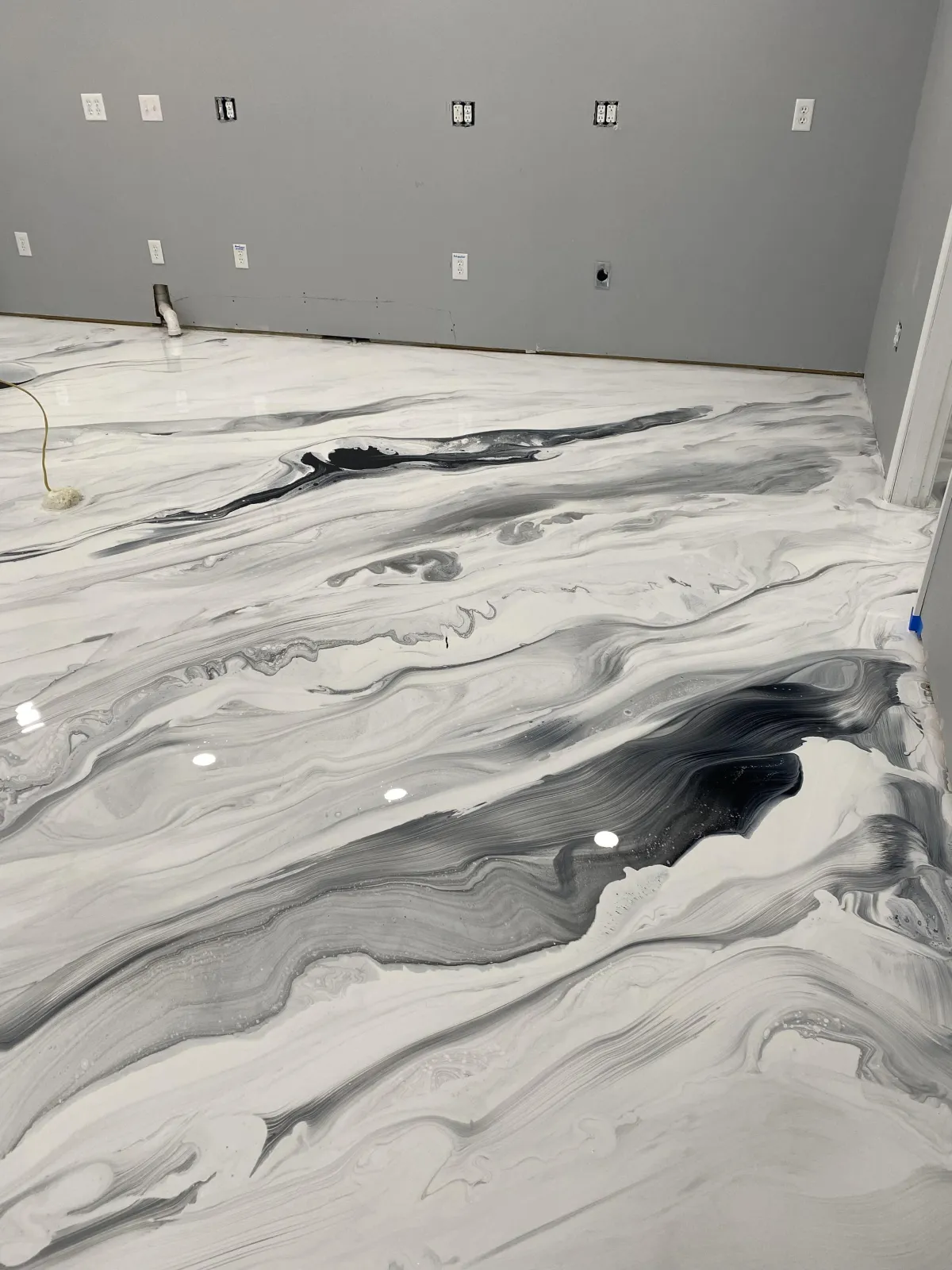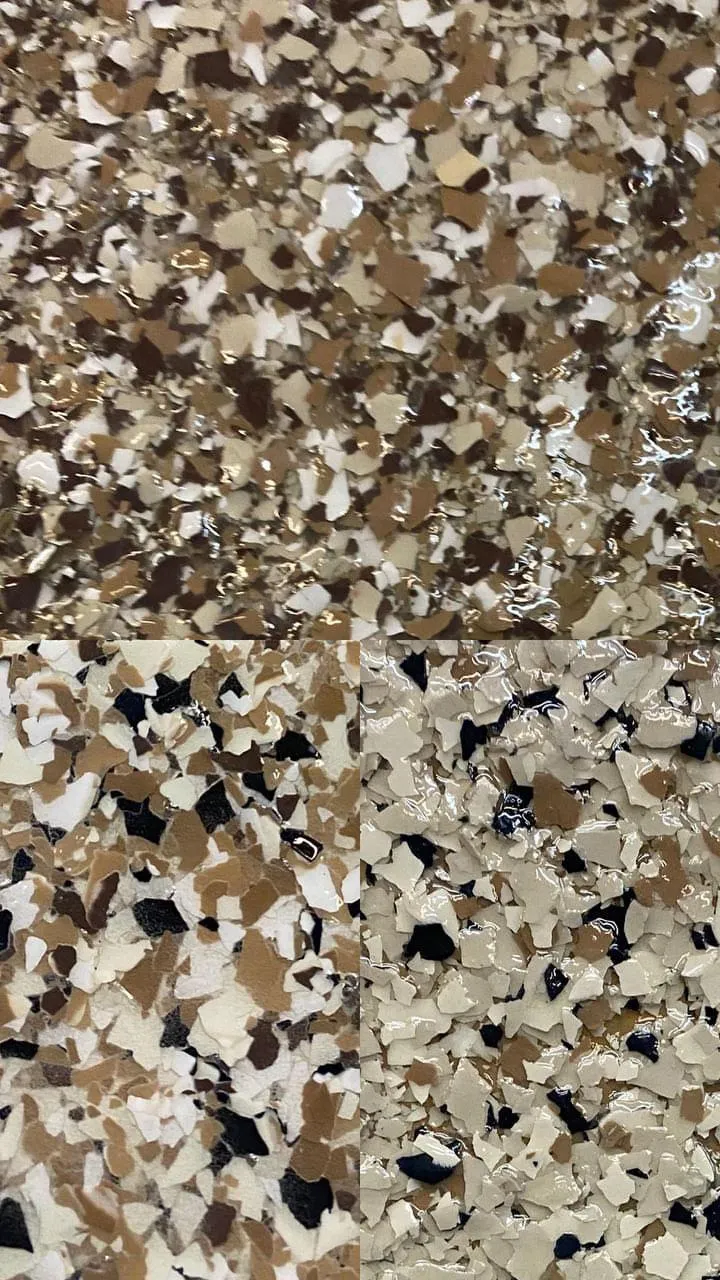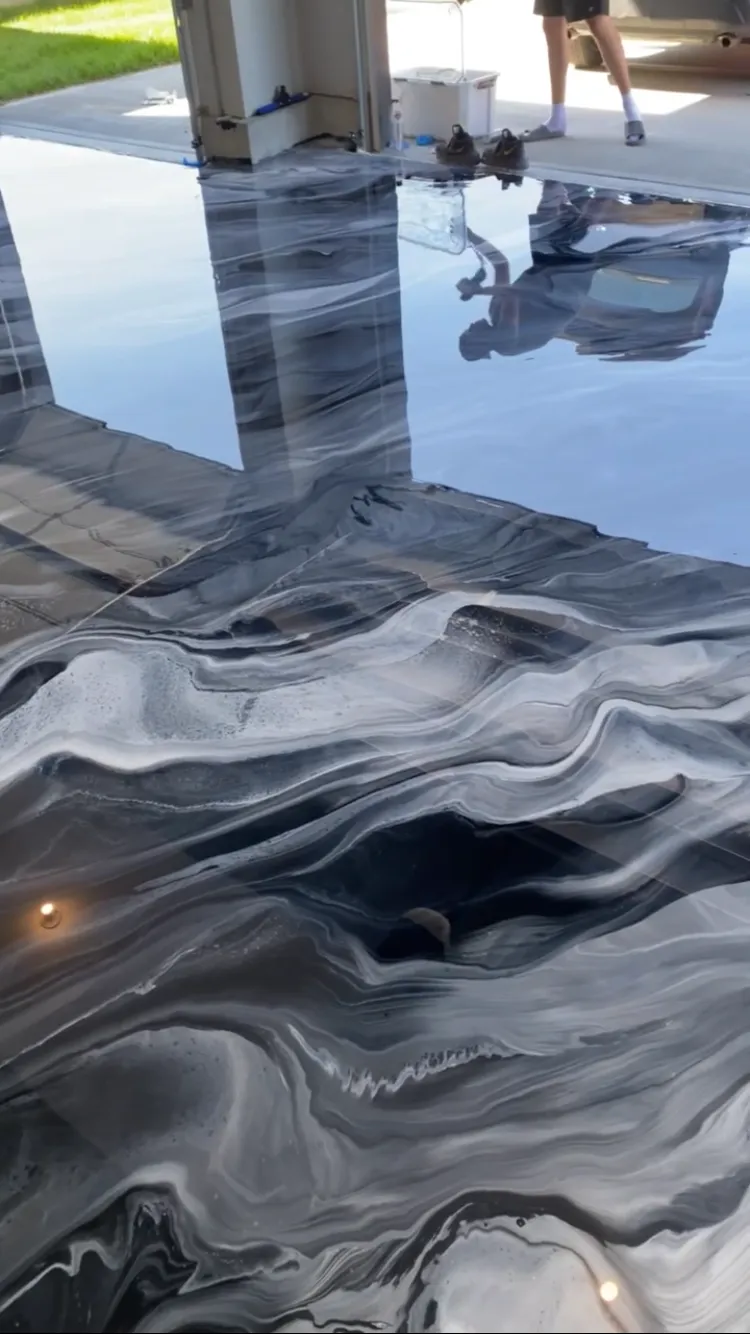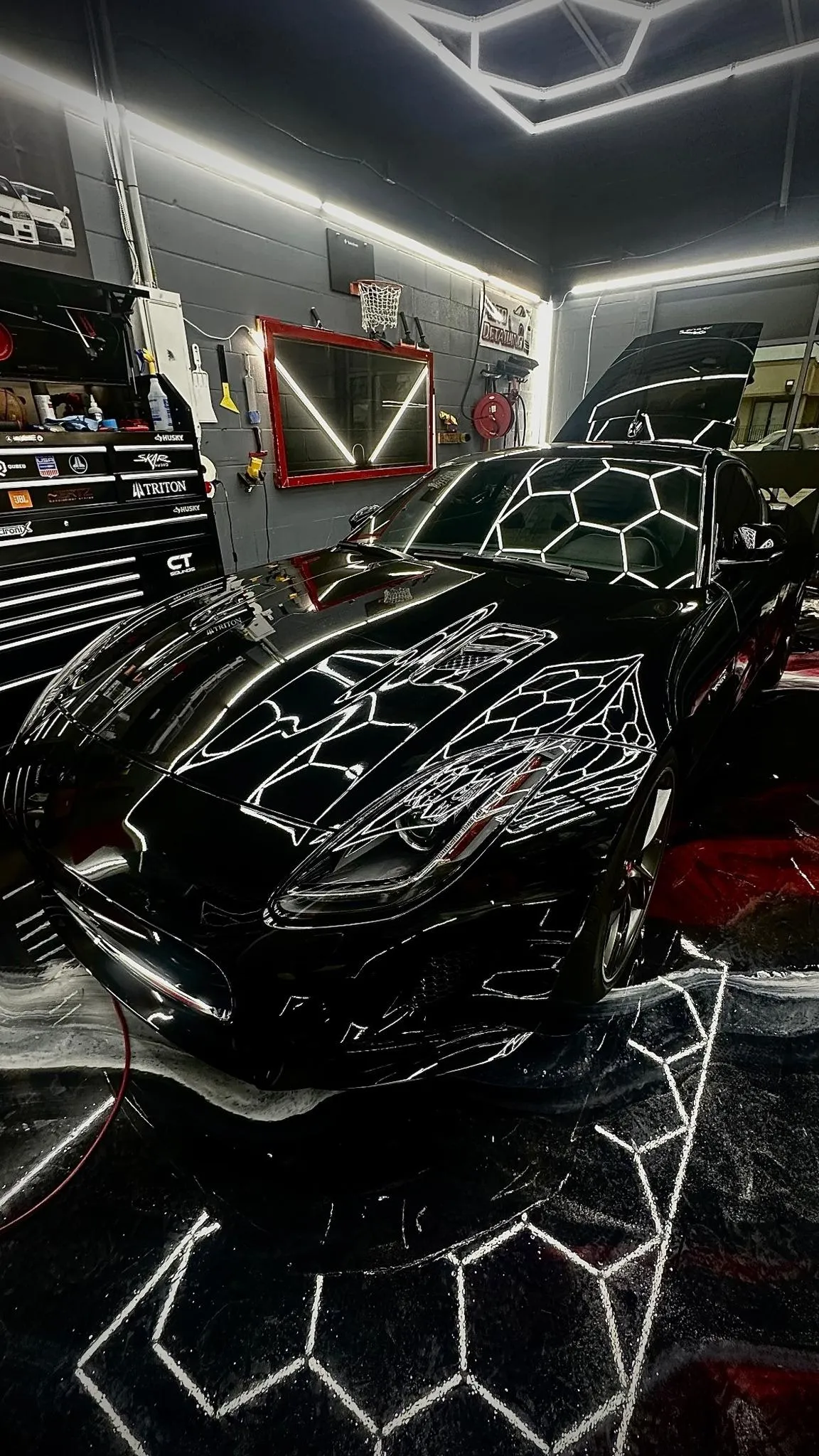
How to Choose the Right Epoxy Flooring
How to Choose the Right Epoxy Flooring
Choosing the right epoxy flooring for your home or business can be a daunting task. With so many options available, it’s essential to understand what makes each type of epoxy unique and how it can meet your specific needs. In this comprehensive guide, we’ll delve into the various factors to consider when selecting epoxy flooring, ensuring your decision benefits both your aesthetic desires and practical needs.
Understanding Epoxy Flooring
Epoxy flooring is a surface covering system made of resins and hardeners that, when combined, create a durable, plastic-like material. This type of flooring is highly favored for its strength, resistance to chemicals, and aesthetic appeal. It is ideal for both residential and commercial applications, offering a versatile and customizable solution for any space.
Benefits of Epoxy Flooring
Before diving into how to choose the right epoxy flooring, let’s highlight some of the key benefits:
Durability: Epoxy flooring is incredibly durable and can withstand heavy foot traffic, machinery, and even vehicles, making it ideal for garages, warehouses, and industrial environments.
Chemical Resistance: This flooring is resistant to various chemicals, oils, and solvents, which makes it perfect for workshops and factories.
Aesthetic Appeal: Epoxy flooring can be customized with a wide range of colors, patterns, and finishes, including high-gloss, metallic, and flake systems.
Easy Maintenance: Epoxy floors are easy to clean and maintain, requiring only regular sweeping and occasional mopping to keep them looking new.
Safety: Slip-resistant additives can be included in the epoxy mixture to enhance safety in areas prone to spills or moisture.
Types of Epoxy Flooring
Choosing the right epoxy flooring starts with understanding the different types available. Here are some of the most common options:
Self-Leveling Epoxy
Ideal For: Commercial spaces, kitchens, dining rooms, and areas requiring a smooth surface.
Benefits: Creates a seamless, level surface that is easy to clean and maintain.
Self-leveling epoxy is a popular choice for commercial and residential spaces due to its smooth, even finish. It is applied over new or old concrete floors to create a seamless surface. This type of epoxy is not only aesthetically pleasing but also highly durable and easy to clean. It is ideal for areas where a smooth, level surface is essential, such as commercial kitchens, dining rooms, and retail spaces.
Epoxy Mortar Floors
Ideal For: Industrial environments, warehouses, garages, and areas with heavy machinery.
Benefits: Highly durable and resistant to heavy impacts, making it the strongest epoxy option.
Epoxy mortar floors are the most robust type of epoxy flooring. They consist of 100% solid epoxies combined with graded or quartz sand. This makes them perfect for industrial environments, warehouses, and garages where the floor needs to withstand heavy machinery and constant traffic. Epoxy mortar is also excellent for repairing cracks before laying other types of epoxy flooring.
Quartz-Filled Epoxy
Ideal For: Decorative areas, restrooms, schools, and offices.
Benefits: Combines durability with decorative quartz granules, offering a visually appealing and slip-resistant surface.
Quartz-filled epoxy flooring combines high-performance epoxy resin with colored quartz grains. This combination creates a durable, decorative surface that is slip-resistant. It is ideal for high-traffic areas that require both durability and aesthetic appeal, such as restrooms, schools, offices, and lobbies.
Anti-Static Epoxy Flooring
Ideal For: Electronic manufacturing plants, laboratories, and areas sensitive to static electricity.
Benefits: Prevents static discharge, protecting sensitive equipment and reducing the risk of explosions in volatile environments.
Anti-static epoxy flooring is designed to mitigate static electricity, which can be crucial in environments with sensitive electronic equipment. This type of flooring is common in electronic manufacturing plants, laboratories, and other areas where static discharge could pose a significant risk.
Epoxy Flake Floors
Ideal For: Garages, showrooms, and recreational areas.
Benefits: Adds aesthetic appeal with colorful flakes while enhancing slip resistance and durability.
Epoxy flake floors incorporate colorful flakes or chips into the epoxy mixture, creating a visually appealing, textured finish. This type of flooring is not only decorative but also highly durable and slip-resistant, making it ideal for garages, showrooms, and recreational areas.
Factors to Consider When Choosing Epoxy Flooring
When selecting the right epoxy flooring, there are several factors to consider to ensure it meets your specific needs:
Purpose of the Flooring
The primary use of the space where the epoxy flooring will be installed plays a crucial role in determining the right type. For example, a residential kitchen will have different requirements compared to an industrial warehouse.
Traffic and Load
Consider the amount of foot traffic and the weight of any machinery or vehicles that the flooring needs to withstand. High-traffic areas and spaces with heavy loads will benefit from more durable epoxy options like epoxy mortar floors.
Aesthetic Preferences
Think about the look you want to achieve. Epoxy flooring comes in various colors, finishes, and patterns. Decide whether you prefer a high-gloss finish, a metallic look, or decorative flakes.
Budget
Determine your budget for the flooring project. While epoxy flooring is generally cost-effective, some types, like epoxy mortar floors, may be more expensive due to their enhanced durability and installation process.
Installation Environment
Consider the environmental conditions of the installation site. Areas exposed to chemicals, moisture, or extreme temperatures may require specific types of epoxy to ensure longevity and performance.
Step-by-Step Guide to Choosing the Right Epoxy Flooring
Now that we’ve covered the basics, let’s dive into a step-by-step guide to help you choose the right epoxy flooring for your needs.
Step 1: Identify the Purpose of the Flooring
Understanding the primary use of the space is crucial. Is it for a residential garage, a commercial kitchen, or an industrial warehouse? Each type of space has specific requirements that will influence your choice of epoxy flooring.
Step 2: Assess the Traffic and Load
Consider the amount of foot traffic and the weight of any machinery or vehicles. High-traffic areas and spaces with heavy loads require more durable options, such as epoxy mortar floors or self-leveling epoxy.
Step 3: Determine Aesthetic Preferences
Epoxy flooring offers various aesthetic options, from high-gloss finishes to decorative flakes. Decide on the look you want to achieve. Do you prefer a sleek, modern appearance or a more decorative and textured finish?
Step 4: Set Your Budget
Determine how much you are willing to spend on your epoxy flooring project. While epoxy flooring is generally cost-effective, some options, like epoxy mortar floors, may be pricier due to their enhanced durability and complex installation process.
Step 5: Consider the Installation Environment
The environment where the epoxy flooring will be installed plays a significant role in your decision. Areas exposed to chemicals, moisture, or extreme temperatures may require specific types of epoxy to ensure longevity and performance.
Step 6: Consult with Professionals
Once you have a clear idea of your needs, consult with professional epoxy flooring contractors. They can provide expert advice and recommendations based on your specific requirements. Professionals can also offer insights into the latest trends and technologies in epoxy flooring.
Step 7: Review Samples and Mock-ups
Before making a final decision, review samples and mock-ups of different epoxy flooring options. This will give you a better idea of how the flooring will look in your space and help you make an informed choice.
Step 8: Check for Warranties and Maintenance Plans
Ensure that the epoxy flooring you choose comes with a warranty and a maintenance plan. This will give you peace of mind knowing that your investment is protected and that your flooring will remain in excellent condition for years to come.
Step 9: Plan the Installation Timeline
Coordinate with your epoxy flooring contractor to plan the installation timeline. Make sure to factor in any potential disruptions to your daily activities and schedule the installation during a convenient time.
Step 10: Enjoy Your New Epoxy Flooring
Once the installation is complete, enjoy the benefits of your new epoxy flooring. Regular maintenance and proper care will ensure that your flooring remains beautiful and durable for years to come.
Conclusion
Choosing the right epoxy flooring is a significant decision that can enhance the beauty, durability, and functionality of your space. By considering factors such as purpose, traffic, aesthetics, budget, and environment, you can make an informed choice that meets your needs.
If you're ready to transform your space with the perfect epoxy flooring, contact Onyx Luxury Epoxy today. Our team of experts is here to guide you through the process and provide top-quality epoxy flooring solutions tailored to your needs. Schedule a consultation now and take the first step towards a more beautiful and functional space.
Contact us today to schedule your free consultation and discover the best epoxy flooring solution for your home or business. Don’t miss out on transforming your space with durable, stylish, and low-maintenance epoxy flooring. Visit Onyx Luxury Epoxy to request your free quote.



